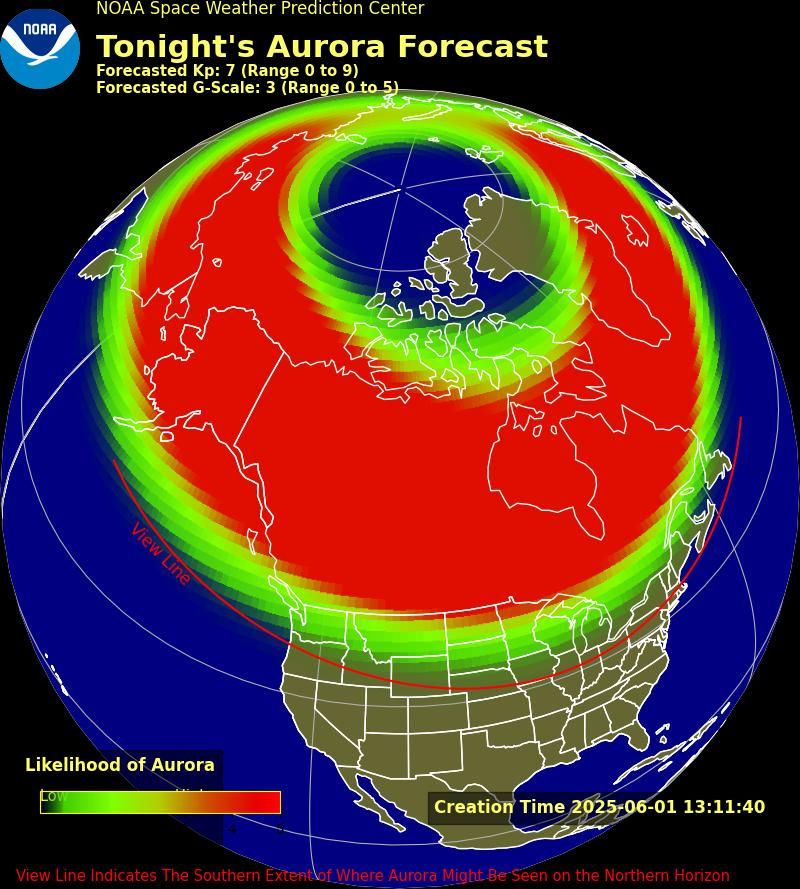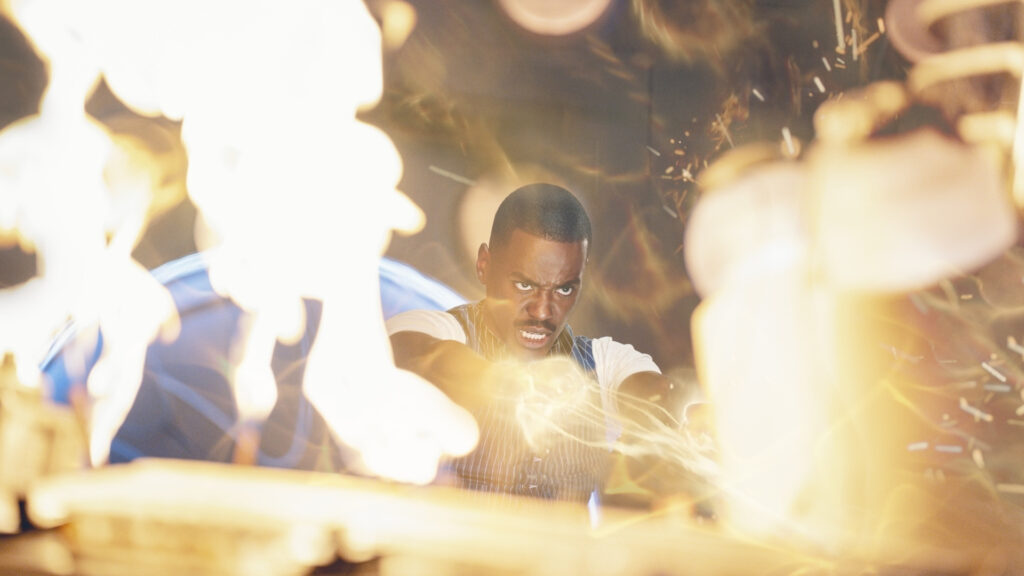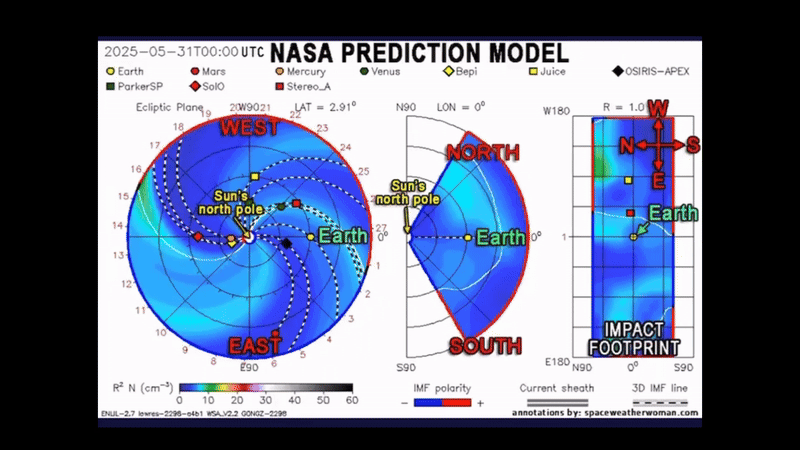Four NASA astronauts recently spoke about their cultural heritage to celebrate Asian American and Pacific Islander Heritage Month, which runs through May.
Appearing in a NASA YouTube video (released May 21) were astronauts Sunita Williams (an Indian-American), Jonny Kim (Korean-American), Kjell Lindgren (Asian-American-Chinese) and Raja Chari (Korean-American).
Each astronaut spoke about the influence their family and culture had on their lives and careers, while NASA administrator Bill Nelson mentioned the role AAPI Heritage Month can play in “advancing leaders through purpose-driven service,” the theme of this year’s month.
“It’s important to empower others to serve, with the understanding that our greatest mission is to make the Earth a better place and ensure a bright future for everyone on it,” he continued. “Our astronauts do that. On the ISS, they carry out groundbreaking science that’s important to unlocking discoveries, and those discoveries solve problems, and treat diseases here on Earth. They’re also doing needed research that eventually will land American astronauts on Mars.”
The astronauts all talked about what they learned from their parents and their cultures that helped in their lives and careers.
“My parents had the biggest influence on me. Their heritage and traditions have made me the person I am today. My father, an immigrant from India, and my mother of Slovenian descent, were instrumental in shaping me as a person and as an explorer,” Williams said in the video.

Lindgren recalled watching Ellison Onizuka – the first Asian-American and person of Japanese origin to go to space – preparing for his final mission, STS-51, aboard space shuttle Challenger that lifted off on Jan. 28, 1986. Challenger exploded moments after liftoff and killed all seven astronauts on board.
“I of course was absolutely heartbroken at the loss of the Challenger,” Lindgren said. “Coming full circle, I’m so grateful for the opportunity to go to Hawaii during my postflight [responsibilities], and to share the message of human spaceflight, reaching for goals, and investing in communities.”
The astronaut group all spoke about the NASA-led Artemis moon-landing program, which just received an offer of participation from South Korea, and the increasing emphasis on international participation in space.
“It means having the privilege to provide representation and a voice to young kids who want to dream, who deserve every right to pursue those dreams, and who need to have role models they can identify with,” Kim said of the human spaceflight program at NASA.
“My heritage has shaped my lived experiences, and has taught me perspective. And it’s shown me that diversity strengthens our bonds, and enables powerful achievements,” added Chari.
[embedded content]
The video didn’t touch on the subject of China, however, which has limited collaborations with NASA despite being very active in robotic and human spaceflight over ongoing security concerns.
In the past month alone, China drew ire during Congressional and Senate hearings due to landing a rover on Mars (which some U.S. politicians see as a shot of trying to prove space superiority ahead of the American-led Artemis moon-landing missions) and allowing a rocket core stage to plummet uncontrollably to Earth, which luckily resulted in no casualties.
“Spacefaring nations must minimize the risks to people and property on Earth of re-entries of space objects and maximize transparency regarding those operations,” Nelson said in a statement posted on NASA’s website regarding the Chinese rocket fall. “It is clear that China is failing to meet responsible standards regarding their space debris.”
Asian American and Pacific Islander Heritage Month happens every year in May to recognize the contributions of Asians and Pacific Islanders in the United States, according to the government website, which also has a list of all of the Asian-Pacific zones included in the celebration. The commemoration began as a seven-day event in 1979 and was expanded to a month in 1990.
Follow Elizabeth Howell on Twitter @howellspace. Follow us on Twitter @Spacedotcom and on Facebook.


